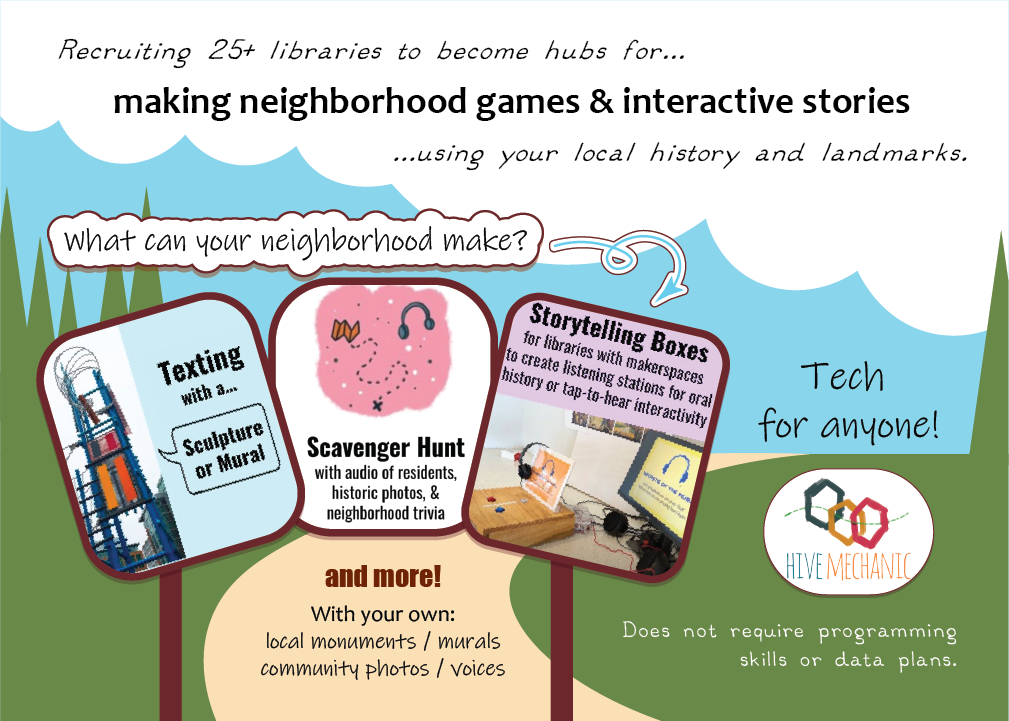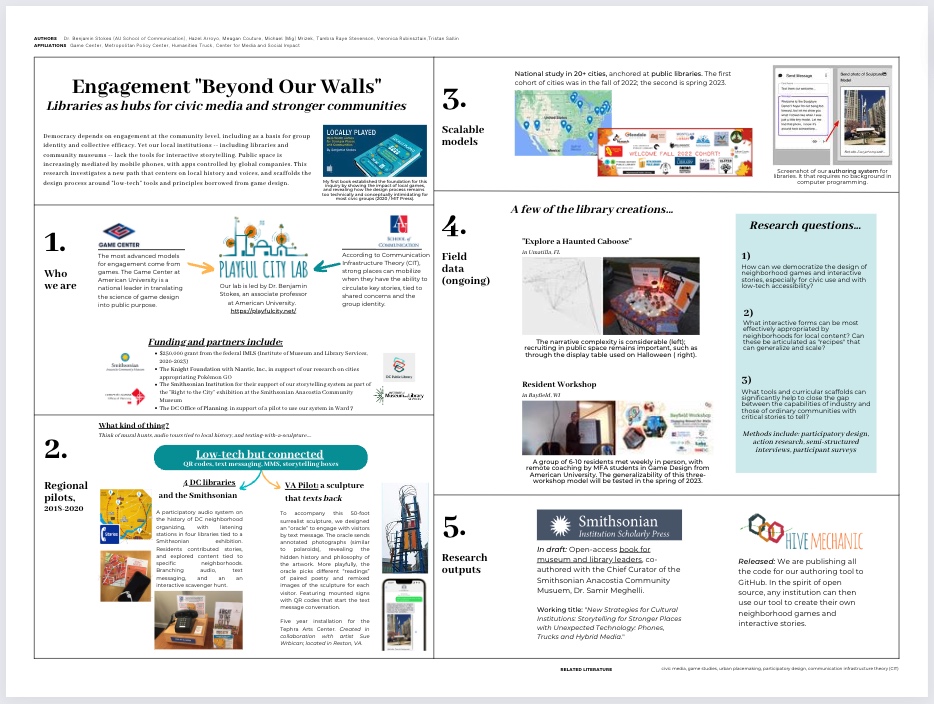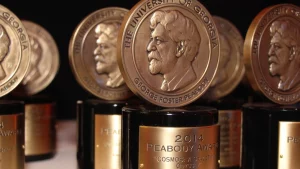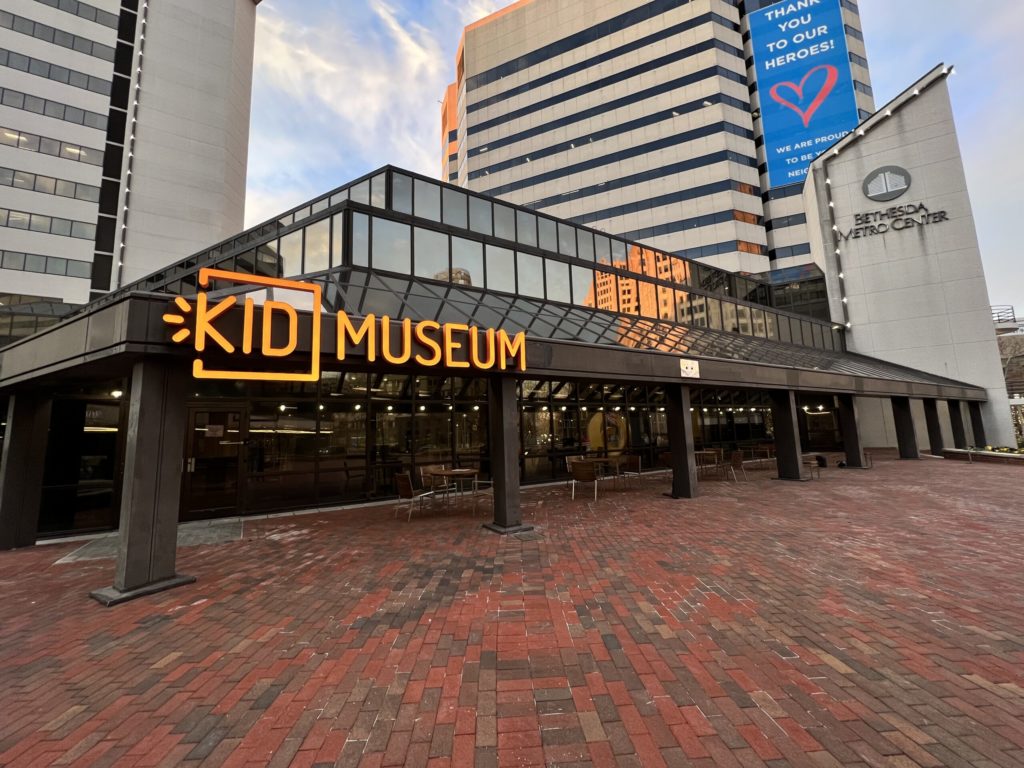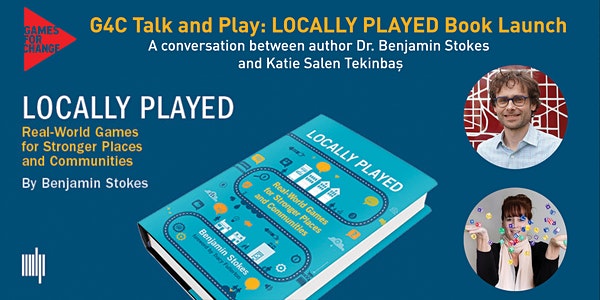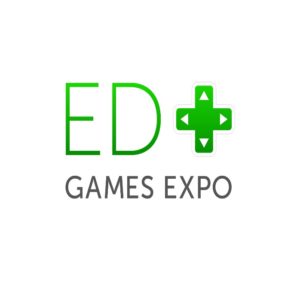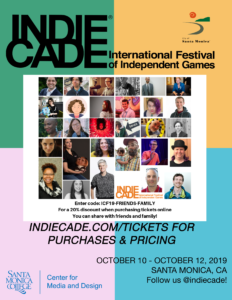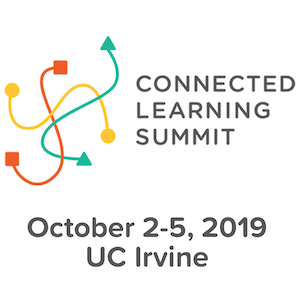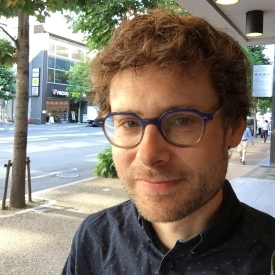[Cross-posted from American University news]
After an 83-year history, an SOC faculty member brought major changes to the award
For the first time in its 83-year history, the influential Peabody Awards celebrated winners in “Interactive Media” last month after an open call – including Interactive Journalism, Games/Play and Interactive Documentary. Until this point, games and interactive media could not apply as such. Going forward, interactive media will be recognized on center stage for the Peabody Awards, which is one of the most influential awards in broadcast media and journalism.
Behind the scenes of this policy shift was professor Benjamin Stokes, a communication studies professor who teaches in the Game Center at American University (AU SOC). Stokes served as Chief Advisor for the Peabody Interactive awards and was on the final jury.
The five winners include the New Yorker’s VR documentary “Reeducated,” which addresses China’s brutal detention of Uyghurs in Xinjiang. The game “Life is Strange: True Colors” tells a radically different story than what is typical in AAA videogames, centering instead on the story of a 21-year-old bisexual Asian American Woman, and her investigation of her family history alongside a strange conspiracy in a small town. The unexpected Minecraft build “The Uncensored Library” was recognized for allowing more than 20 million gamers to access censored articles and for telling the broader story of the fight for press freedom, with partners including Reporters Without Borders. “ContraPoints” is a YouTube channel that provides remarkable longform video essays on social issues and phenomenon, and was recognized in part for the unusual balance of deep nuance with mass-culture reach. Finally, the VR story “Lucy and the Wolves in the Walls” tells the tale of eight-year-old Lucy by giving the viewer an active role in exploring the delicate balance of truth, evidence and belief. (For details and the full set of nominees, see the bottom of this article.)
For Peabody, the change required an entirely new jury and judging system. Professor Stokes advised and worked closely with Peabody staff to identify expert jurors, frame the application, and plan the launch. For him, the deeper purpose was to shape the field. “The future of interactive of media depends on recognizing the very best in quality,” insisted Prof. Stokes. “Yet traditional awards have struggled to recognize interactive media, not just for recent technology like VR, but in forms like digital games that have been around for decades.”
Stokes (pictured left) has seen the field grow first-hand. Twenty years ago, he helped launch the “Games for Change” festival to advance social change and explore social issues with games. The nonprofit that he co-founded continues to be the center of a global movement (see the 2023 Games for Change Festival). He was also a major funder in the field, working at the MacArthur Foundation in one of the first philanthropic portfolios (“Digital Media and Learning”) to invest in game research and impact.
The interactive jurors for Peabody are remarkably varied in their expertise, from journalists at the NY Times to game studio heads, Emmy award winners, faculty from MIT to Columbia University, pioneering game designers, the former director of Sundance Institute’s New Frontier Labs, scriptwriters, the founder of the LGBTQ Game Archive, and creative directors at Walt Disney Imagineering.
Setting the historical record is part of the goal, according to Stokes. A cultural canon is needed for games and interactive media that is understood by mainstream institutions. Peabody has a long tradition tied to broadcast and mainstream media. It was first imagined by the National Association of Broadcasters in 1938 as the radio industry’s equivalent of the Pulitzer Prizes. Today the Peabody organization is led by Jeffrey P. Jones, Ph.D., and maintains an impressive archive based at the University of Georgia (see also: the American Archive of Public Broadcasting).
Students of game design will also benefit from a canon that goes beyond pure games. Increasingly, game designers are sought in industries far beyond entertainment – including education, museum design, healthcare, and social issue movements. All of these, according to Prof. Stokes, are areas that have hired students from AU’s graduate programs, including the MA and MFA programs. “Critical thinking around engagement and stories that matter is more valuable to many employers than pure 3D modeling or programming,” he said.
The full list of Interactive Award Winners is available in the official announcement from the Peabody Awards.
